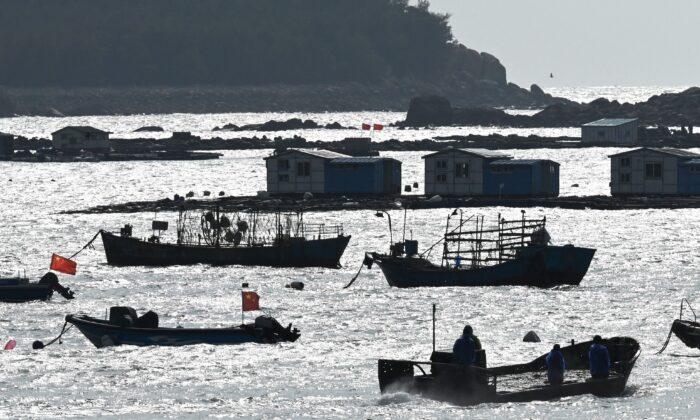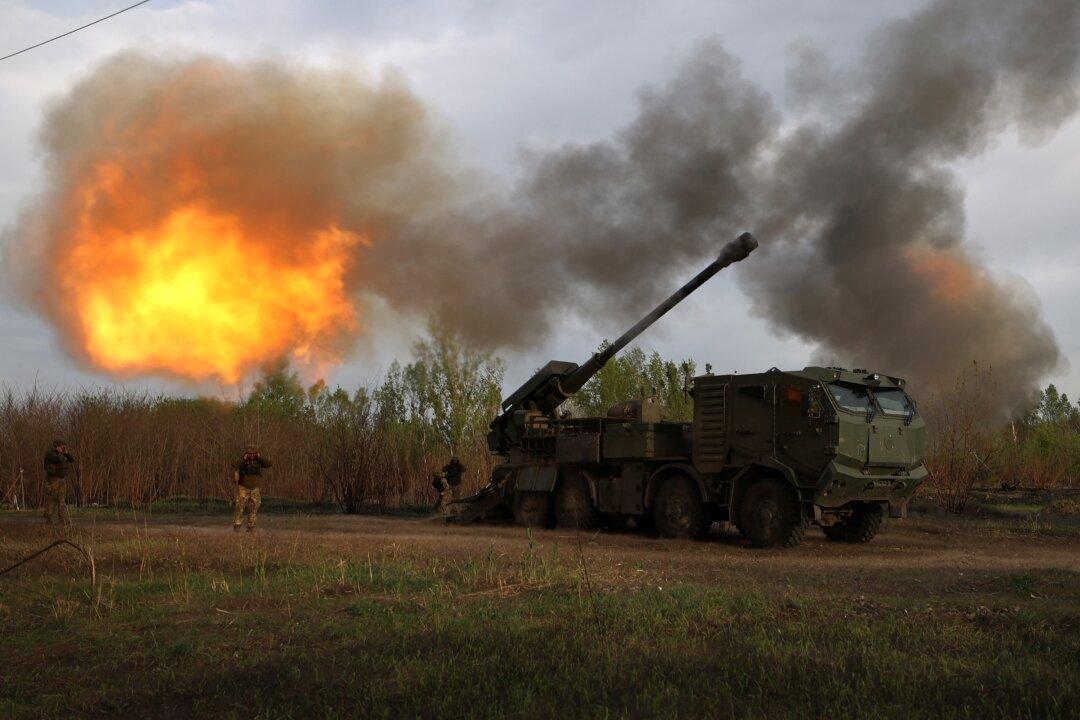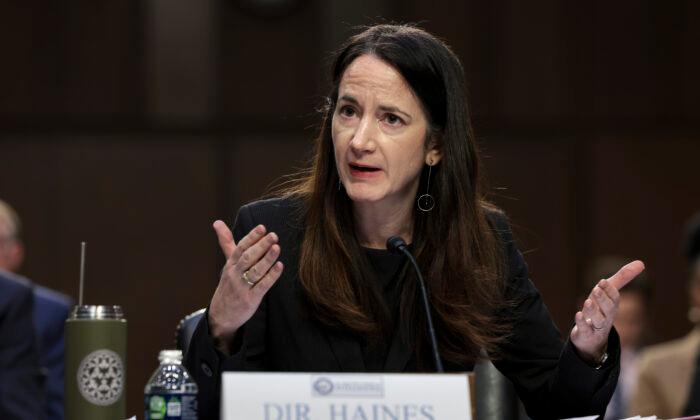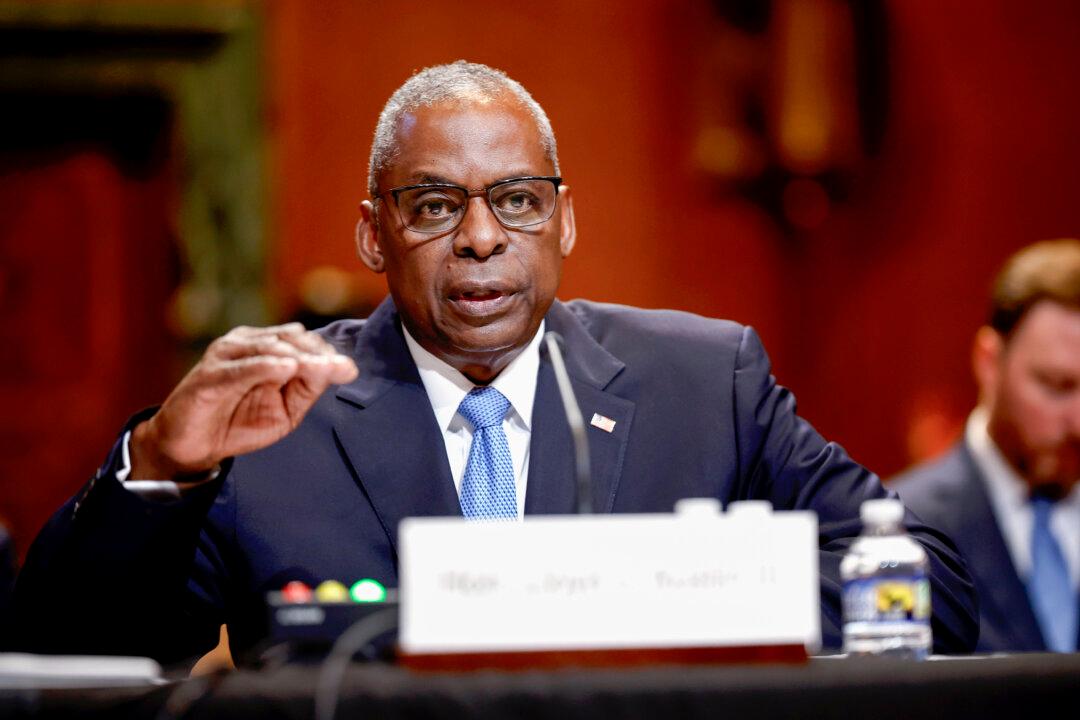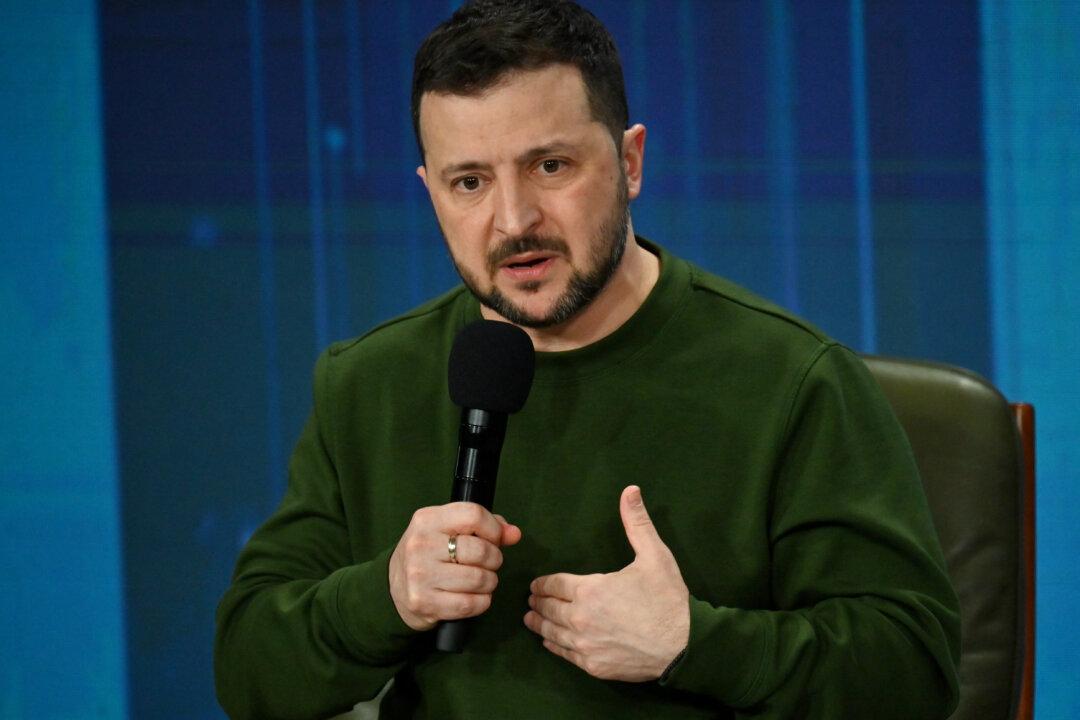The United States is drifting into a war with China’s communist regime that could upend the global order and shatter economies around the world, according to two former military leaders.
A potential conflict between the United States and China over Taiwan would result in global catastrophe but is nevertheless becoming an increasingly likely scenario, former Joint Chiefs of Staff Chair Mike Mullen says.
“I’m worried that we’re just drifting into war,” Mullen said during a June 20 talk with the Council on Foreign Relations think tank. “[Taiwan] is an island that is at the center of four of the five top economies in the world.”
Mullen said that U.S. efforts to deter an escalation toward conflict in the Taiwan Strait has been “failing over many years.”
CCP Building Military ’to Confront the US’
The Chinese Communist Party (CCP), which rules China as a single-party state, claims that Taiwan is part of its territory and must be united with the mainland by any means necessary.Ensuring Taiwan’s continued security is a “vital interest for the United States,” Mullen said. Deterring a CCP invasion of the island, however, will require the United States to take bold actions against the regime sooner rather than later.
“Clearly, China is much more aggressive, much more coercive on the military side, on the diplomatic side, on the economic side, and the political side,” Mullen said. “Rebalancing that means we’re going to have to take pretty aggressive steps which, at a time of high tensions, could be read the wrong way.”
Retired Adm. Harry Harris, who previously served as commander of the U.S. Indo–Pacific Command, acknowledged as much during the Council on Foreign Relations event.
“They’re building a military to confront the United States, our military, and those of our friends, allies, and partners,” he said.
With that in mind, Harris said that preventing powers such as the CCP from devouring smaller, democratic governments is vital to preventing the subversion of order throughout the globe.
“If we allow an autocratic, big country to have its way with smaller democratic countries, for example, Ukraine and Taiwan, the global world order as we know it is finished. Might will make right,” Harris said.
“There are 24 million Taiwanese who want to live their lives just like you and I do. They don’t want to live in a communist system governed by a country that is committing genocide against their own people and brutalizing Hong Kong to bring them under Chinese rule.”
Still, Harris said, defending Taiwan from CCP invasion would incur losses in life and treasure at a level unseen since World War II. With that in mind, Americans ought to consider to what extent they are willing to sacrifice to preserve democracy, he said.
“The most important constituent is the American people, because it’s your sons and daughters who are going to fight and die for Taiwan if we go to war against China,” Harris said.
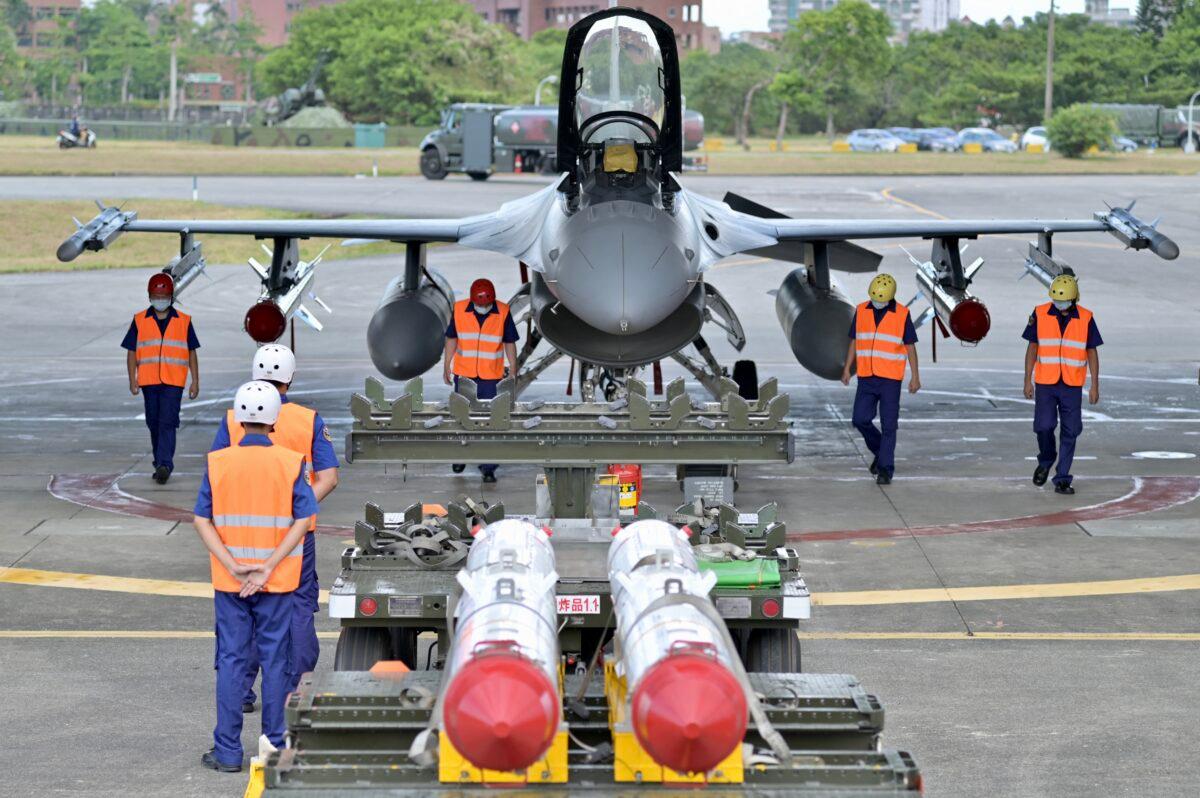
Biden Admin Seeks Peace With CCP
The comments from Mullen and Harris follow a new attempt by the Biden administration to stabilize relations with an increasingly belligerent CCP.U.S. Secretary of State Antony Blinken visited Beijing, where he met with CCP leader Xi Jinping, over the weekend.
No breakthroughs were reached during Blinken’s two days in China, but Xi claimed “progress” from the meeting and the two reportedly agreed that open conflict between the nations would be catastrophic.
Blinken is the highest-level U.S. official to set foot in China since President Joe Biden took office in 2021 and the first secretary of state to visit since 2018, when his predecessor, Mike Pompeo, visited China for one day.
At the time, Blinken said the incident “created the conditions that undermine the purpose of the trip.”
When asked what progress the two sides had made, Yang said that China and the United States had agreed to prevent a further downward spiral in relations. China’s foreign minister, he added, would visit the United States in the future.
Biden said later on June 19 he thinks relations between the two countries are on the right path and indicated that progress was made during Blinken’s trip.
After the meeting, the CCP’s top diplomat, Wang Yi, said that “China has no room for compromise or concessions” on the Taiwan issue.
